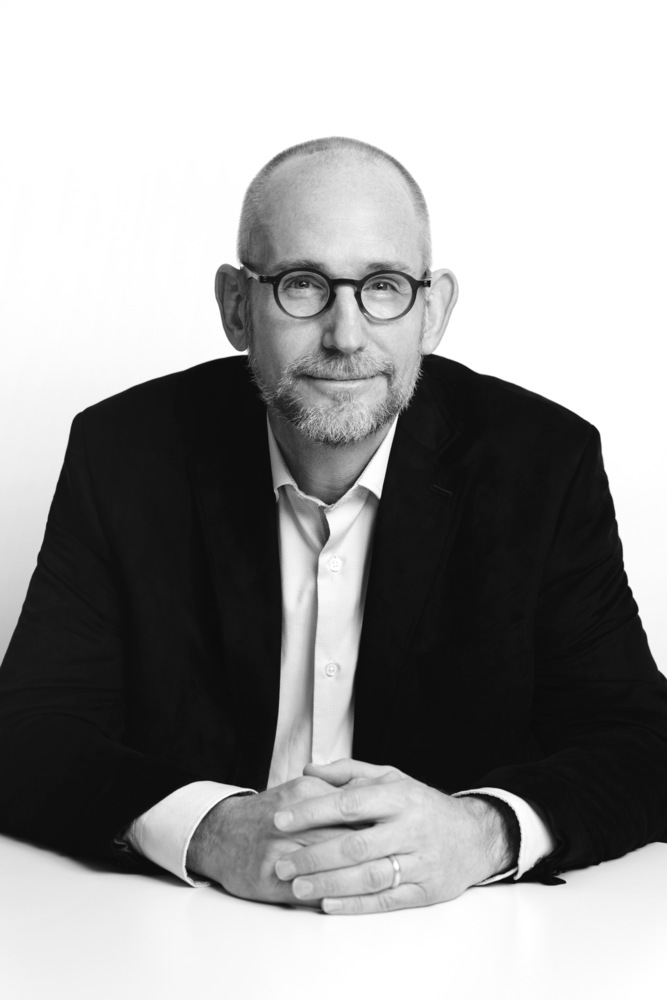This post is adapted from the Ethical Voices podcast interview with Padilla president Matt Kucharski.
Why don’t you tell me about the most difficult ethical challenge you ever confronted at work?
Our agency has a long history, and I’ve been in the field 30 years. Being around that long means you’ve faced multiple ethical challenges. They fall into different categories:
- Clients in conflict with each other
- Client behavior
- Controversial clients or categories
- Employee/partner behavior
Any one of those can create an ethical dilemma but running into an ethical dilemma is not in and of itself a bad thing. It means that you’re exploring all the different possibilities and permutations within the field. How you approach, address and resolve that ethical dilemma determines whether there’s an actual breach of ethics. If we avoid ethical dilemmas, we won’t actually move anything forward.
All organizations have a responsibility to act appropriately. At the same time, all organizations make mistakes. It’s important to have the self-awareness to know when you have an ethical dilemma, and then you need to have processes to actually address and resolve it.
Every great organization runs into conflict – whether self-inflicted or inflicted on them. Good organizations show their mettle during this time. The really, really good ones anticipate the issues ahead of time and make decisions in a way that allows them to go in with both eyes open. To me, that is the sign of a really self-aware company – when you see the ethical dilemma in front of you and you address it versus, “Oh damn. I got stuck in this, and now I’ve got to figure out how to get out of it.”
How do you handle conflicting clients or conflicting client prospects?
The conflicting client or prospect – Coke versus Pepsi or Ford versus GM – those are easy. You really can’t represent two direct competitors. But less clear are those situations where there are conflicts among ideas, approaches or points of view – for example, what if two security technology companies support different industry standards?
Does that mean you can’t represent both companies? I guess you could. What you can’t do is try to push both industry standards at the same time. But if Padilla decides we can’t represent company A because it’s on this standard or company B because it’s on that standard, we’ll run out of clients pretty quickly. And those are definitely situations that I personally have run into. In some cases, we didn’t even know that the two were in conflict with each other.
What is the best piece of ethical advice you were ever given?
I’ve always been a pretty big fan of the “Mom Test.” If you can explain it to your mom and help her understand – even if she initially had a negative reaction – you’re probably on pretty good ethical ground. If, however, after you explain it to your mom she says, “You know, that just doesn’t feel right,” you probably ought to go back and look at whether the decision you made was a good one.
If I was only allowed to use one ethical milestone, or one ethical reference point, it would be hard to go wrong with the Mom Test. If anybody has an ethical dilemma, let me know. I’ll introduce you to my Mom.
Do you have any other advice?
Sometimes you’ll see people mislabel disagreement and different points of view as ethical breaches – especially on controversial social issues like diversity, climate change, abortion, etc. Those aren’t so much ethical dilemmas as they are important social issues that require honest, respectful debate. We absolutely have to honor diversity and embrace different points of view. Being a good public relations counselor requires empathy and an understanding of all points of view. We have people of different religions. We have people of different economic backgrounds. We have people of different political backgrounds. We have people with different priorities in their personal and professional lives. If we don’t have that diversity, we create a monoculture and we aren’t valuable to anybody. That diversity, however, inherently comes with some healthy conflict. Thinking about how to address that conflict and how to resolve it is really important, because absence of conflict isn’t healthy either.

